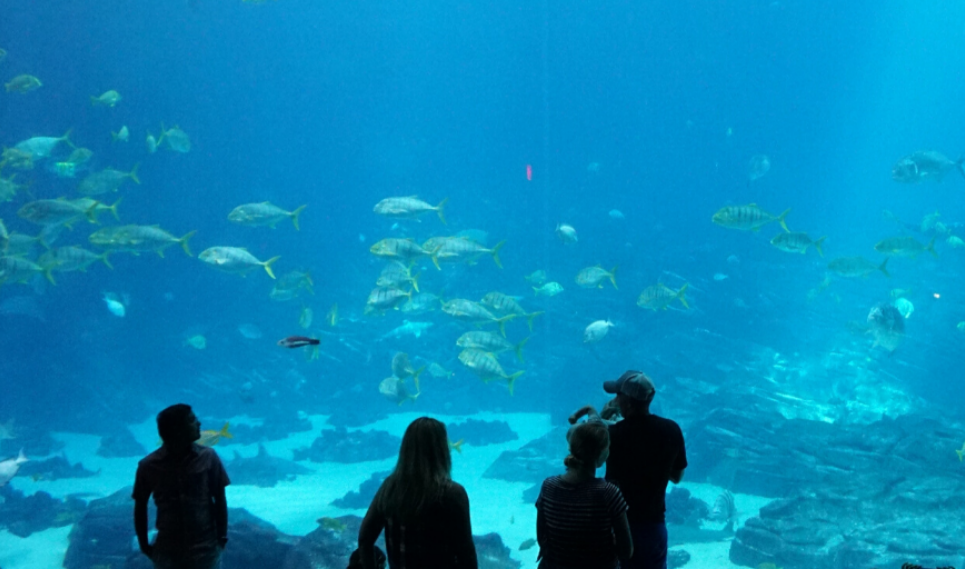The Blue Economy is ‘the one that recognises the importance of the seas and oceans as drivers for the economy due to their great potential for innovation and growth’, according to the European Union’s definition.
This term, which may not be widely known to most citizens, is encompassed within a broader, more frequently used one: green or ecological economics, which is the science that deals with economic governance favouring sustainability.
Accordingly, the definition of blue economy can be understood in a broader sense as the economic activity of the maritime sector, and in a more restricted one, as the use of the sea and its resources for sustainable, profitable economic development.

In this context, the European Union has established a long-term strategy, one of the objectives of its 2020 Strategy, known as ‘Blue Growth’. This growth refers to achieving the smart, sustainable and comprehensive growth of the marine and maritime sectors, and it implies recognising the seas and oceans as drivers of the European economy due to their great potential for innovation and advancement. It encompasses all related economic activities, including aspects as diverse as fishing and aquaculture, coastal and maritime tourism, maritime transport, blue biotechnology, ocean energy, marine knowledge, integrated maritime surveillance and the mining of the seabed.
According to data from the European Commission, the Blue Economy represents 5.4 million jobs and nearly 500 billion euros of gross value added per year. The forecast for next year (the famous 2020) is that it could employ up to 7 million people in the EU member states.
Aquaculture, considered an essential production sector to ensure blue (sustainable) growth, is gradually gaining ground over extractive fishing, to the extent that in 2019, it represents almost 30% of catch volumes in Spain.
In our country, the Blue Growth Strategy has been channelled through the Empleaverde (Green Jobs) and Empleazul (Blue Jobs) programmes of the Ministry of Agriculture, Fisheries and Food. The 2019 programme, whose application period ended in late April, is designed to support projects that promote the creation and improvement of jobs and enterprises and to boost entrepreneurship, social innovation and the exchange of experiences in the context of a green and blue economy.
In 2019, the funds will be distributed to four lines of aid:
– EMPLEAZUL CREATES: Training courses for the unemployed with the goal of creating jobs and helping these individuals to obtain a qualification.
– EMPLEAZUL IMPROVES: Action for social innovation, support and training courses for working people so they may improve their employability and obtain a qualification.
– EMPLEAZUL PROMOTES: Action for social innovation and support for entrepreneurs with the goal of promoting enterprise creation.
– EMPLEAZUL CONNECTS: Actions for social innovation, advising, training placements, conferences and training courses for entrepreneurs with the goal of connecting entrepreneurs with new experiences and European players.
In short, it aims to orient professionals from coastal communities in the transition from the traditional methods of sea exploitation to the Blue Economy.

